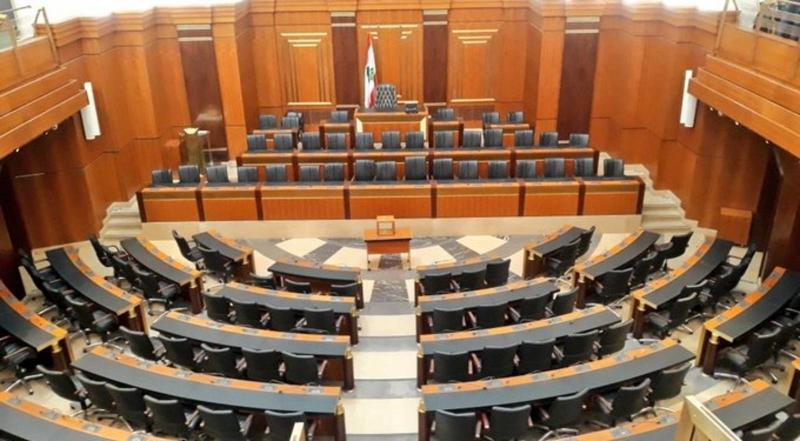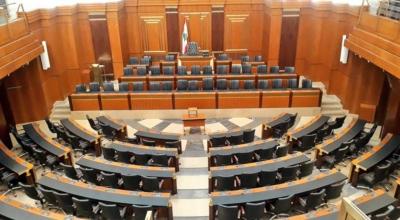Amid a consensus that it lacks an economic and social vision, the parliamentary council approved the 2024 budget bill after minor adjustments compared to the changes made by the Finance and Budget Committee on the project submitted by the government. What actually happened lacks reforms and an economic vision, consisting merely of accounting measures within a style and framework approved by previous governments. This budget comes after years of preparation, discussion, and approval of budgets outside their constitutional deadlines, yet its content remains based on the same pattern of "selling illusions" and claiming it is a budget for recovery without deficit and that it completes the unification of the exchange rate. The peak of the deception was Prime Minister Najib Mikati blaming the deputies for not approving the "reforms" prepared or to be prepared by the government.
The budget includes expenditures amounting to 295,113 billion lira and equivalent revenues, representing 18% of GDP compared to 31.4% in 2019. It included a significant correction of taxes and fees, although most of it impacts the lower-income groups in society as before. A dangerous difference was the lack of appropriate correction of salaries for public sector workers, amid an almost total absence of investment spending, which did not exceed 7% of expenditures. The budget did not address the cost of foreign-currency debt on the treasury, nor included any fundamental reform items in tax policy; everyone merely followed the previous policies serving the idea of "zeroing the deficit."
Mikati's responses to the deputies did not include, according to "Al-Akhbar," any mention of the agreement with the International Monetary Fund, as if this matter had not been taken into account for this year. The issue is further clarified in his indication that the budget "establishes the beginning of recovery from the suffocating crises that the country faced in recent years." However, this budget represents, according to one expert, "a recovery from a significant fracture that has continued to bend."
Regarding the unification of the exchange rate, the government did not provide any plan, noting that there are disagreements with the acting Governor of the Central Bank, Wassim Mansouri, who considered that adopting an exchange rate is the prerogative of the parliament. In contrast, the head of the Finance Committee, Deputy Ibrahim Kanaan, responded by saying that the exchange rate is not within the deputies’ jurisdiction. However, Mikati passed a phrase that seems at first glance like the result of an agreement within the government and with the deputies, while it was merely words exchanged between Mikati and Mansouri, stating: "Regarding the unification of the exchange rate, the direction is to avoid the large fluctuations that emerged during previous periods, but there is no intention to fix the exchange rate which has cost us dearly due to rigidly linking it to the US dollar."
Concerning salaries, wages, and social sectors such as health and education and addressing poverty, the government only reiterated: "These sectors need the largest share of revenues outlined in the investment expenditure bill." However, the treasury's current expenditure on salaries, wages, and their allowances amounts to 45,821 billion lira, equating to 15.5% of expenditures compared to 42% in the 2018 budget. This item equated to 6.6 billion dollars then, while it now equals 511 million dollars. Additionally, spending on healthcare and medicines was 720 billion lira or the equivalent of 477 million dollars in 2018, while today the treasury will spend 22,131 billion lira or the equivalent of 247 million dollars, which is half of what it was. The state used to spend approximately 2,067 billion lira or the equivalent of 1.37 billion dollars on education, while it will spend in 2024 around 14,112 billion lira or the equivalent of 157 million dollars.




